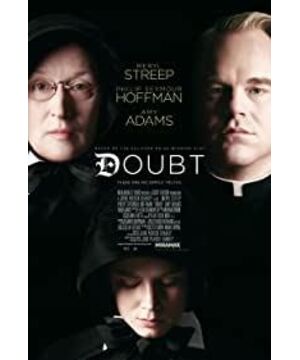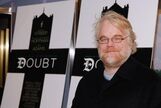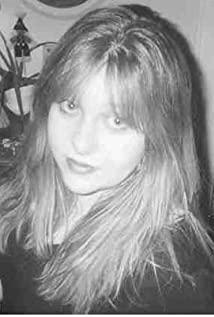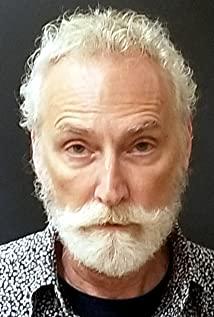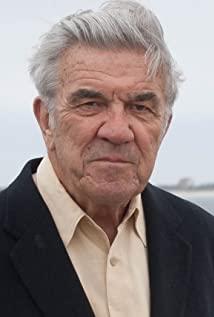Faith and Doubt
Have you ever held on to a point of view in a debate that you have been uncomfortable with? Have you ever lived a way of life that you couldn't stand? Have you ever committed yourself to a belief that you are no longer faithful to? Have you ever told a girl that you loved her but vaguely hated your promise? I have, and I believe everyone has.
For every Christian, a priest is a bridge between God and his people, and an object worthy of respect and worship, but when you find that this priest is not so holy and glamorous, or even dirty and sinful, you will What to choose? But if this is just a guess, an uncertain possibility, the tower of belief is shaken, and we are suspended in a vacuum of truth, neither can we eliminate doubts, nor can we doubt the rationality of doubts themselves, what should we do? In the film, the old nun uses abnormal means to expel the priest without any evidence just because she suspects that the priest has a child abuse complex. The priest was guilty, but always denied the speculation and insisted that love was not at fault. The little nun was the one who initially found the priest suspicious, but she preferred to believe it was just her unfounded guess. The boy's mother appears to be the one who knows the truth, but she prefers to deny speculation about the priest from her son's standpoint. In the end, the old nun won the psychological battle by lying, and achieved what she thought was to maintain the purity of the church, but she also fell into confusion, so that in the last scene of the film, she burst into tears, she shouted: I also have doubts. She had believed in her doubts, when doubts were beliefs, but in the end she began to doubt her doubts, which were doubts about beliefs.
The truth of the film is still confusing at the end, but it doesn't matter whether it reveals the truth or not. What we want to see is that in this story, the lives of everyone around the central incident of "child abuse" are affected and changed by coincidence, and they are full of confusion about their beliefs and the future. The old nun Anoiseus collapsed and cried bitterly, her faith collapsed in the lie, and she could not get the truth to understand in the end. After the little nun could no longer sleep peacefully, the priest was forced to leave. In this crisis of faith, no one has gained more. But it does not mean that doubt is harmful. Doubt requires more courage and strength than belief; for belief is a resting place and doubt is infinite—it is a passionate movement. The nun said that when I doubted, I felt far away from God. Faith itself is a paradox. God cannot be verified. If you verify your God, it means that you do not believe, but there is no way to verify it, and there is no way to be sure. Religion may be just a narcotic, and being awake is painful. The crisis of faith among clergy who are supposed to have strong faith highlights the general disorientation of today's society. People are looking for a way out, and the truth is untouchable, everyone lives in their own speculation, the little nun's joy and relief after dispelling her doubts about the godfather for the first time, is pointed out by the old nun that she does not really believe. Father, but willing to go back to that simple joy of believing, there is an element of self-deception. The conversations between the old nun and the priest, the old nun and the black mother, and the old nun and the little nun all brought the contradiction to a climax again and again. Is dialogue between different value systems possible? Everyone prefers to believe what they want to believe, and everyone acts according to what they think is right. As the boy's black mother said, "Everyone has their own reasons, and you have yours." The
three sermons in the face of an uncertain
priest can be said to have played a programmatic role in the film. For the first time the priest spoke of faith. He said that when we are confused, we rely on faith to support ourselves. Just like a sailor sailing on the sea, relying on the constellation to identify the direction, is this direction informed by the constellation, or is it imaginary out of desperation? This is something the sailors themselves cannot know. The 20-day voyage that followed made him doubt his perseverance, but he had no choice but to persevere in desperation.
In times of crisis of faith, can doubt help us find the truth or is it far from it? In deep uncertainty, what do we get? We pray in fake churches, the top has no faith. It is not faith that unites us, but a general sense of loss. Just as primitive people come together out of fear of wild beasts and self-preservation, people are brought together by a common sense of despair, when you feel lost, you are not alone.
In the second sermon, the priest spoke about the spread of doubt. Let’s call it gossip. The priest also told a story. He likened the gossip to a torn pillow on the roof. The fluttering cotton wool was like a lie spread from gossip. This story reminds people: Don't spread hard-to-determine information lightly. You can never be sure about a thing, and you can't always be sure of your doubts, so be careful with your doubts. We must be alone in the pilgrimage of doubt. Expressing one's own doubts is out of respect for one's own feelings, but because this feeling will have a bad influence on others, it is not just one's own business; and not spreading it lightly is to respect others and the facts.
In the third sermon, the priest spoke of the "wind behind". He said: "There is always a gust of wind behind each of us, carrying us through life. We can't see it, we can't command it, we don't even know what its purpose is." This is somewhat mystical, fatalistic tendency. Like the uncertainty of doubt, our lives are actually a series of serendipitous coincidences. For uncertain life, perhaps all we can do is face it calmly.
Finally, I conclude with the director's own words: "Faith has begun to fall in this era, and hypocrisy has replaced it, especially when ideology has been broken but has not changed. This is the most dangerous and most important part of life. This changes. The beginning is doubt. At this critical moment, I am willing to abandon the lies and find my humanistic spirit." If the lack of faith is a disease of the times, we are gathered together because of this common imprint of the times, in the passion of denying and doubting the old values During the exercise, look up to the sky of faith and pass through the darkness before dawn. The signs of each great era have new values. We believe in finding the truth, finding comfort in the embrace of faith, and starting a new journey in doubt. There is a long way to go. People say goodbye to their spiritual home again and again. This is not forced, but because of the long-term dissatisfaction of the spirit and the bravery of being loyal to one's own heart. So let's move forward with skepticism.
View more about Doubt reviews


